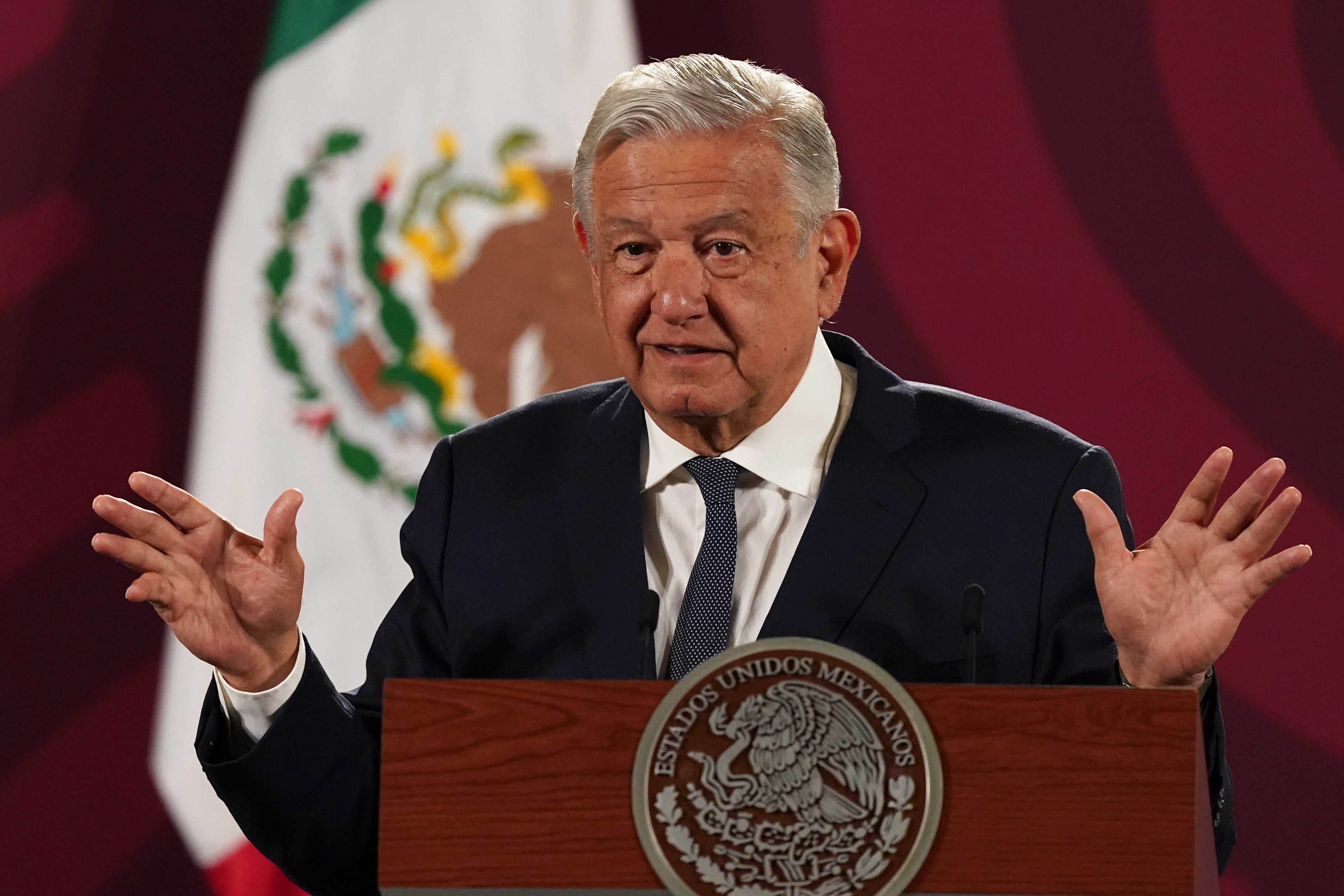Mexico leader to end daylight saving, keep "God's clock"
Mexico's president has submitted a bill to end daylight saving time and end the practice of changing clocks twice a year

Mexico’s president submitted a bill Tuesday to end daylight saving time, putting an end to the practice of changing clocks twice a year.
Health Secretary Jorge Alcocer said Mexico should return to “God’s clock,” or standard time, arguing that setting clocks back or forward damages people’s health.
That would mean darkness falling an hour earlier on summer afternoons.
“The recommendable thing is to return to standard time, which is when the solar clock coincides with the people's clock, the clock of God,” Alcocer argued.
Mexicans set their clocks ahead this year on April 3, and are scheduled to set them back on Oct. 30. The changes, if approved, would presumably apply to next year.
The change would mean central Mexican time, which covers most of the country, potentially could be permanently two hours behind the east coast of the United States; it is now one hour behind for most of the year. The U.S. Senate in March passed a bill to make daylight savings permanent, though the measure has not passed the House of Representatives.
Economists argue that, while the energy savings are minimal, going back to standard time might cause trouble for financial markets in Mexico by putting U.S. east coast markets so far ahead.
President Andrés Manuel López Obrador has said he is considering keeping daylight savings time for some northern border states.
And businesses like restaurants that have become accustomed to staying open later may have to close earlier as many crime-wary Mexicans often try to be off the streets after dark.
Nearly a dozen states across the U.S. have already standardized daylight saving time.
Bookmark popover
Removed from bookmarks